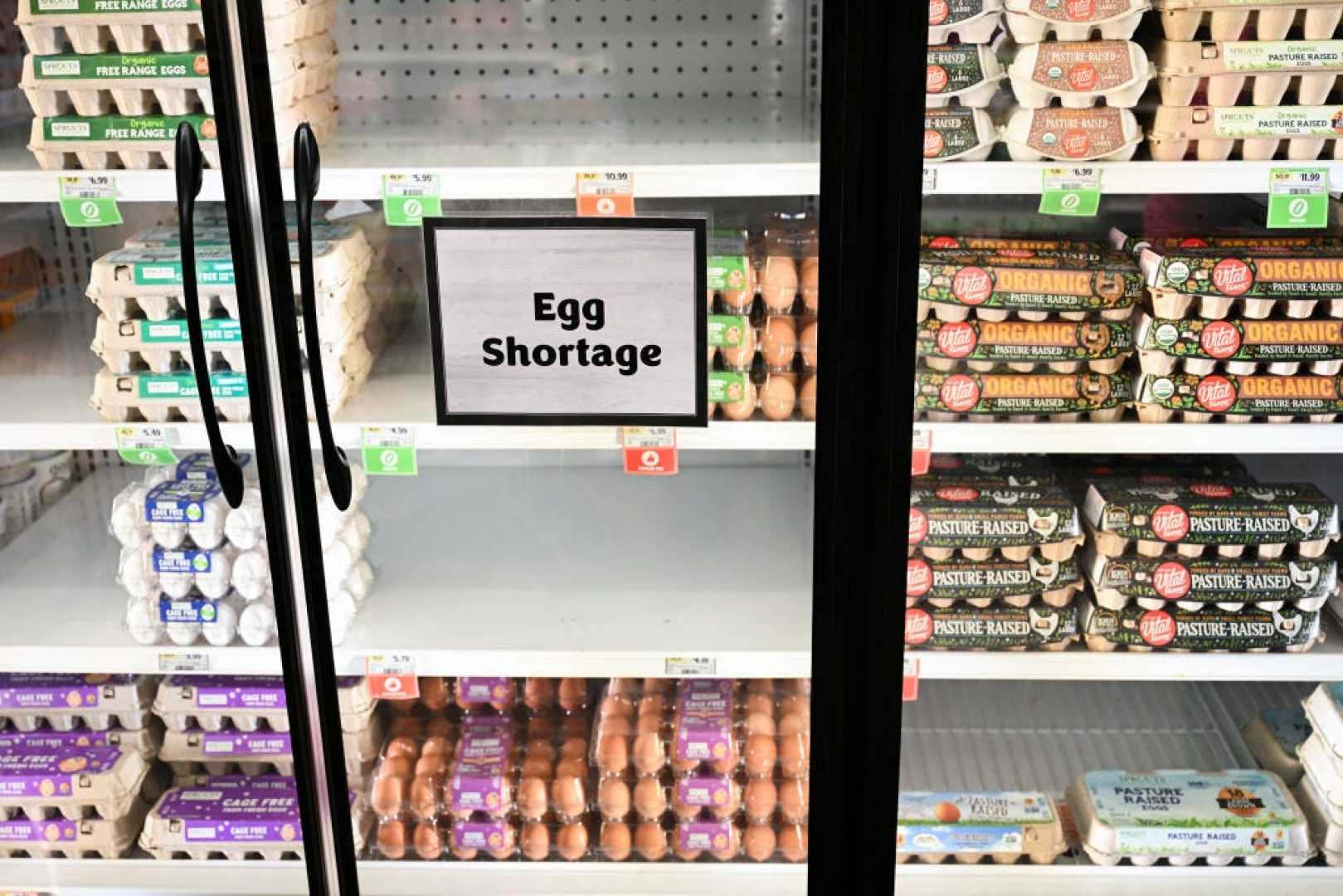Business
Inflation Rises for Third Straight Month, Could Worsen Under Trump

WASHINGTON, D.C. — Inflation in the United States rose 2.9% in December compared to a year earlier, marking the third consecutive monthly increase, according to data released Wednesday. While significantly lower than the 9.1% peak in mid-2022, the persistent uptick has raised concerns about the Federal Reserve‘s ability to achieve its 2% target and sparked fears that inflation could worsen under a potential Trump administration.
Key contributors to December’s inflation included gas prices, which rose 4.4% from November, and food costs, with egg prices surging nearly 37% year-over-year due to the avian flu. Car insurance costs also climbed 11% from the previous year. “It’s an ongoing challenge for a lot of households,” said Sarah House, a senior economist at Wells Fargo Corporate and Investment Banking. She noted that while wage growth has outpaced overall inflation, it hasn’t been enough to offset rising costs for essential goods.
Despite the challenges, there were some positive signs. Rent prices stabilized, with shelter costs rising 4.6% year-over-year, a smaller increase than in recent months. Core inflation, which excludes volatile food and energy prices, rose 3.2% in December, the smallest gain in months. Investors responded optimistically, with major stock indexes posting their best day since November 6, 2023, the day after Trump’s election.
However, inflation remains above the Federal Reserve’s target, prompting economists to predict that interest rates will stay higher for longer. After cutting rates by a full percentage point in 2024, the Fed projected only two quarter-point cuts for 2025. A strong labor market, which added 256,000 jobs in December, gives the Fed room to maintain higher rates, hoping that economic growth and rising wages will mitigate inflation’s impact.
Concerns about inflation under Trump stem from his proposed policies, including widespread tariffs on imports from major trading partners like Mexico, Canada, and China. Economists warn that such tariffs would increase prices for goods ranging from cars to electronics. “More likely than not, you will be paying higher prices,” said Omair Sharif, founder of Inflation Insights. Trump’s threats of mass deportations could also drive up costs by reducing the labor force, though the specifics of his plans remain unclear.
As Trump’s inauguration approaches on Monday, economists and policymakers are closely watching for signs of how his administration will address inflation and other economic challenges.












